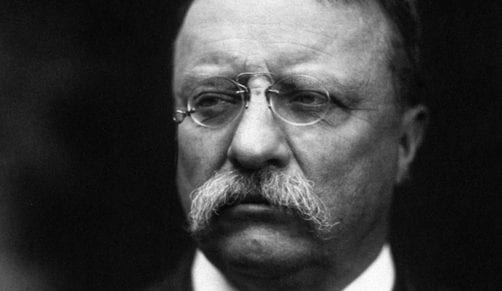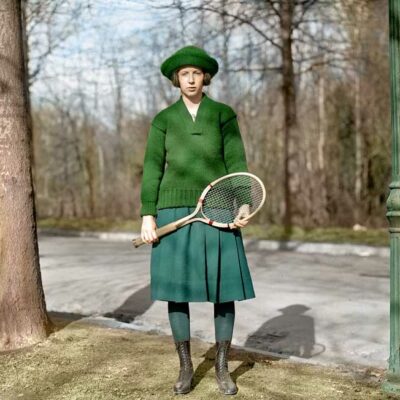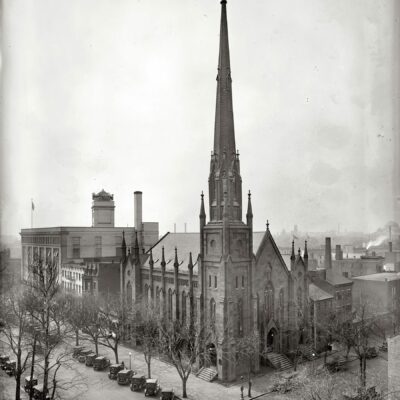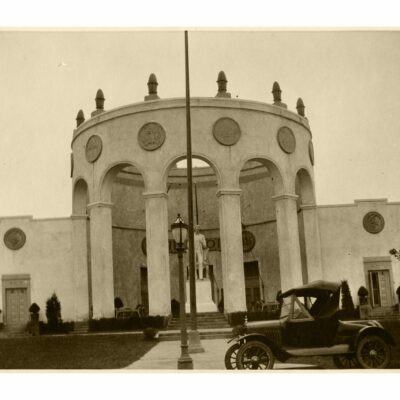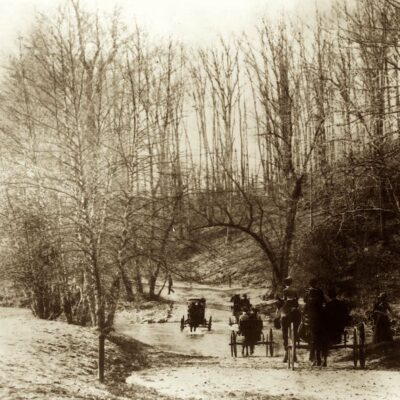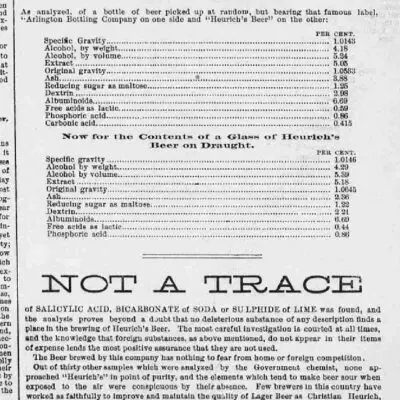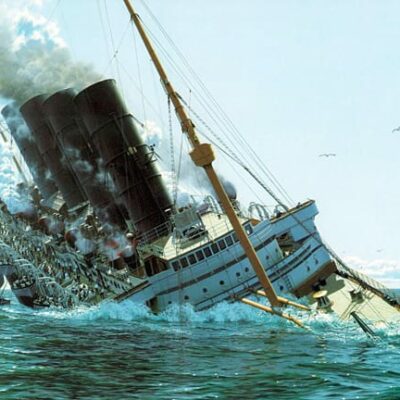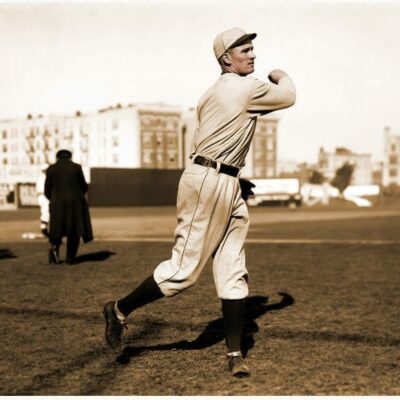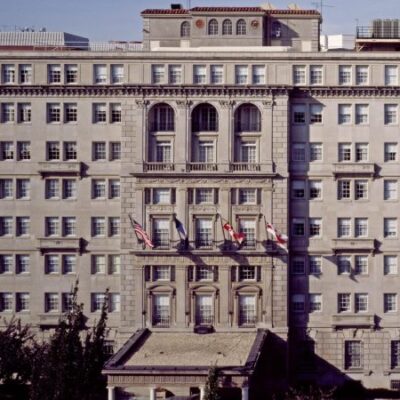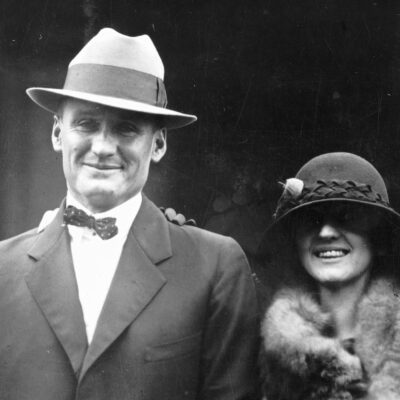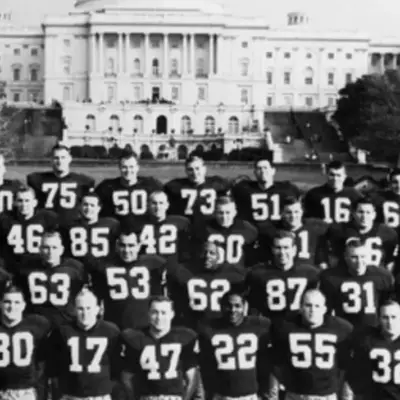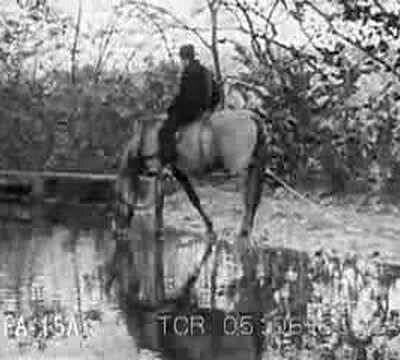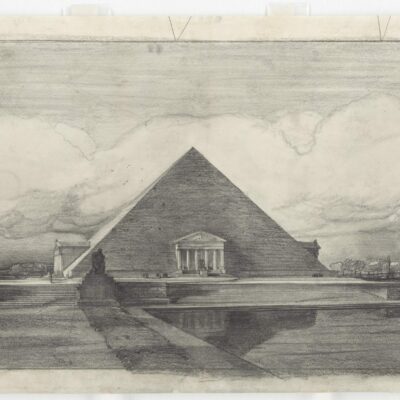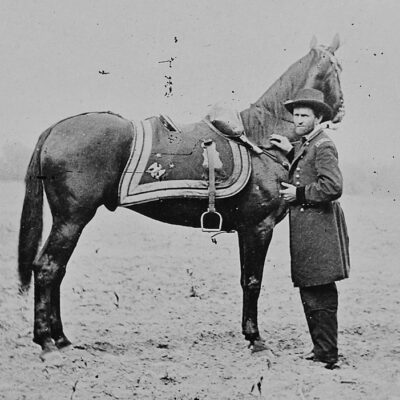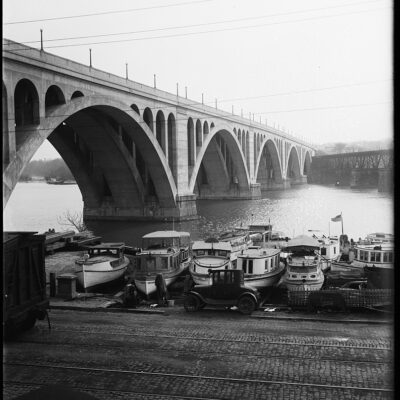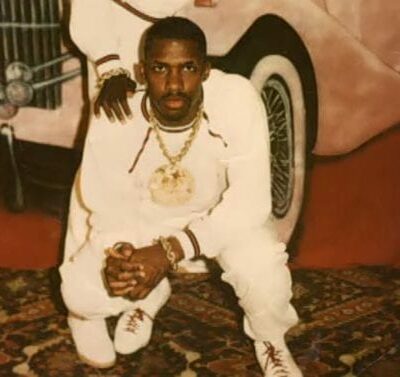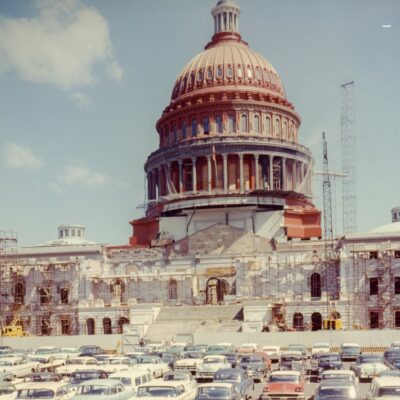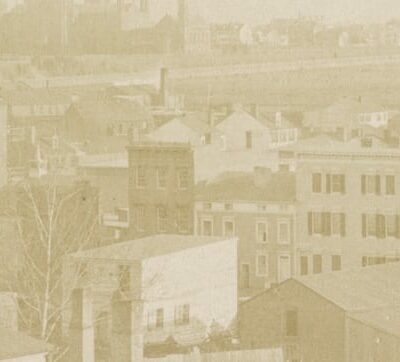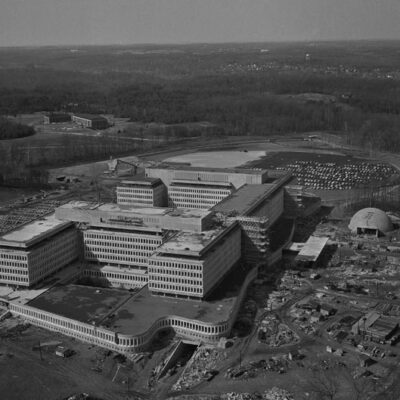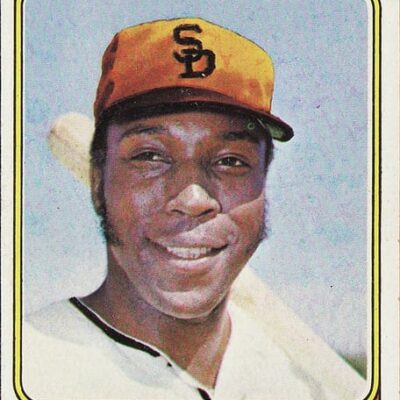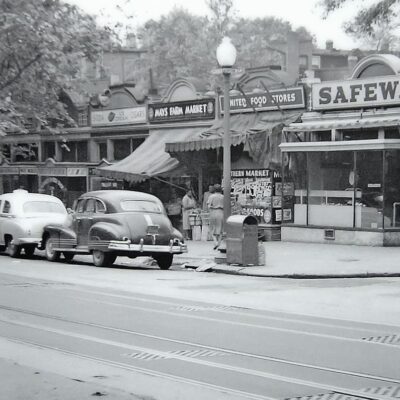The Rough Rider president, Teddy Roosevelt, was a total badass, the likes of which we won’t ever see again in the White House. Below is an article to prove my point.
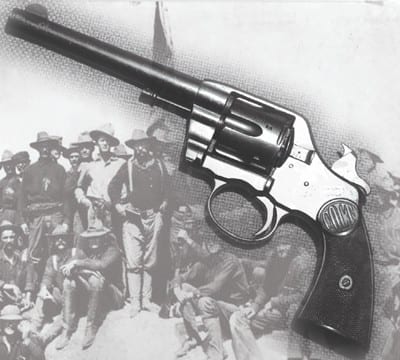
This is a piece printed in The New York Times, from October 15th, 1912.
WASHINGTON, Oct. 14.–Col. Roosevelt, while he was President, was always on the alert for any possible assault by a would-be assassin. The lesson of President McKinley’s death was regarded by Col. Roosevelt as having a peculiar and particular application to himself, and he protected himself accordingly.
Shortly after he succeeded Mr. McKinley, Col. Roosevelt sent for some Washington newspaper correspondents to discuss with them the matter of covering important news affecting the White House. In the course of their conversation reference was made to Mr. McKinley’s assassination, and Col. Roosevelt made this remark concerning the assassin Czolgosz:
“I’ll bet he would not have shot me twice.” The inference from this remark, taken in connection with other remarks made by Col. Roosevelt, was that he would have returned an assailant’s fire. It was plain from what he said then that he went armed constantly, and presumably had made it a practice previously to carry a revolver.
That Col. Roosevelt, during his even and a half years as President, never went on the streets without a revolver in his pocket was shown by incidents known to several of those who saw him frequently. On the blustery Winter day that Elihu Root quit the Cabinet of President Roosevelt to return to the practice of law in New York Col. Roosevelt walked over from the White House to the Root residence to say good-bye to his Secretary of State, upon whom he had depended constantly for advice and assistance and in whose ability and commonsense he had such faith. Mr. Root’s house was in Jackson Place, the street forming the western boundary of Lafayette Square, the park opposite the White House. The residence which Mr. Root occupied was associated with Washington’s most noted tragedy, with the exception of the assassination of Abraham Lincoln, for it was here that Gen. Daniel Sickles was living with his wife when Sickles killed Philip Barton Key. Gen. Sickles was said to have seen Mrs. Sickles signal to Key from a window of their home, Key being then in the Washington Clubhouse across Lafayette Square, a building that also has its tragic associations. It was there that William H. Seward was confined in a sick bed, when Payne, the associate of John Wilkes Booth, tried to stab him to death on the night that Lincoln was shot down by Booth, and it was in this house that James. G. Blaine died twenty-eight years later.
In spite of the cold wind Col. Roosevelt wore no overcoat. As he sprinted across from the White House to the Root residence a hundred yards away, the tails of his frock coat fluttered in the breeze, exposing to the view of the very cavalrymen assembled to escort Mr. Root to the railway station the butt of a good-sized revolver. But if the then President knew that the weapon was showing he gave no sign that he was bothered about it. In those days Col. Roosevelt was getting portly, and the strain on his waist line of his frock coats had a tendency to make his coat tails spread apart.
An occasion that brought to the notice of the public that President Roosevelt carried a revolver, was his visit to St. Paul, Minn., on a trip to the Pacific Coast. Through an error, President Roosevelt and Samuel R. Van Sant, Governor of Minnesota, exchanged overcoats. It came out the next day, after President Roosevelt’s departure, that when Gov. Van Sant put his hands into the deep pockets of the overcoat he was wearing, and supposed was his own, he found in one of them a new , large calibre [sic] weapon. An inspection of the tailor’s label in the coat proved to the startled Governor that both the coat and the revolver belonged to the President of the United States.
…
These incidents, taken in connection with Col. Roosevelt’s frank statements to his intimates that he believed in being prepared for emergencies, showed that he fully realized the danger to which a public man of his prominence was exposed, particularly at times of popular excitement when cranks and Anarchists were likely to seek notoriety by attempting assassination. No President was ever guarded more closely by Secret Service men than Col. Roosevelt. He regarded the constant companionship of these guards as a necessity.
Teddy Roosevelt was not a man you wanted to piss of, and you definitely didn’t want to stand in his way. Check out this story we found about a kid who wanted to take his picture, or this story about Teddy whipping a girl who passed him on horseback.
